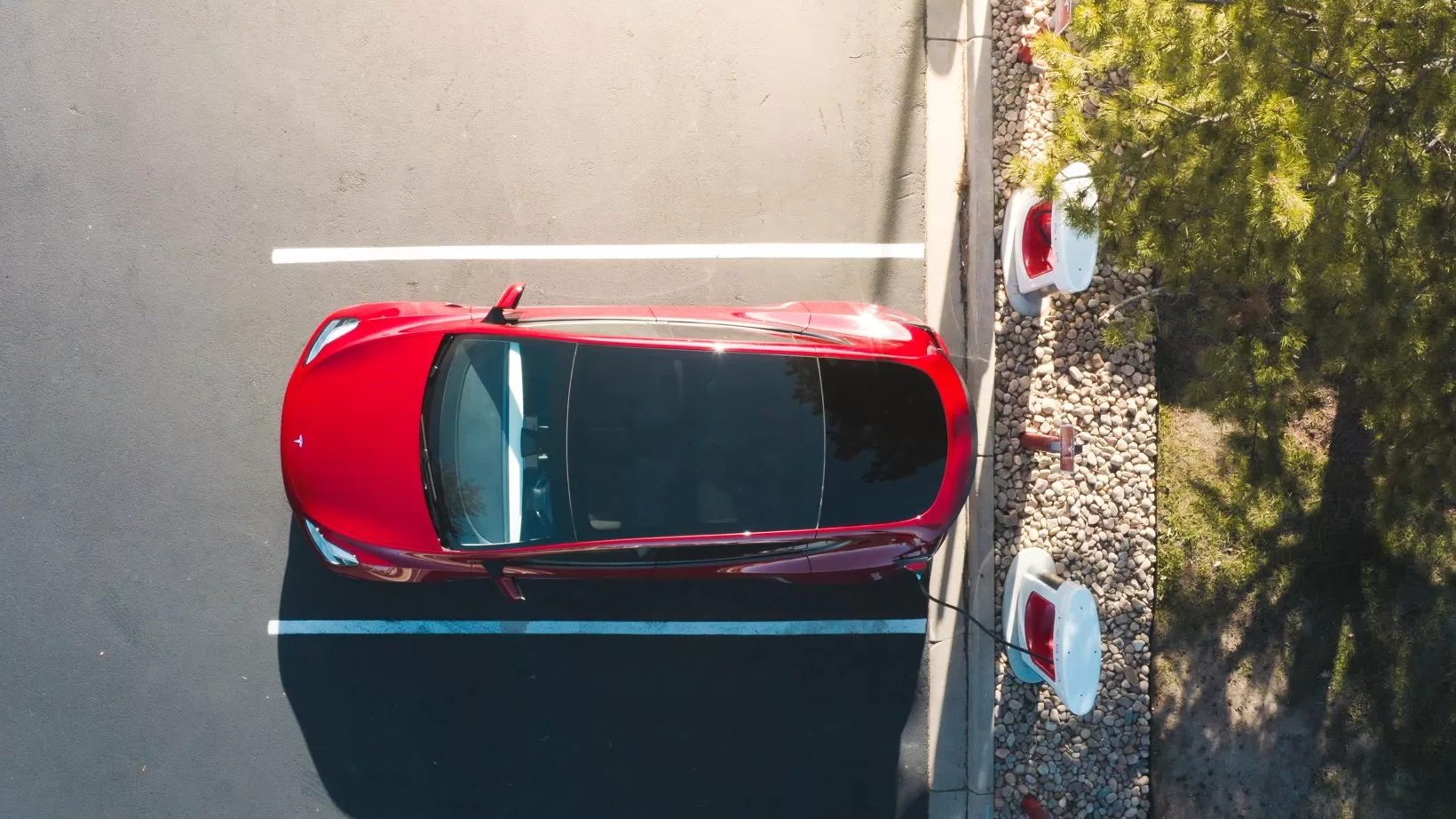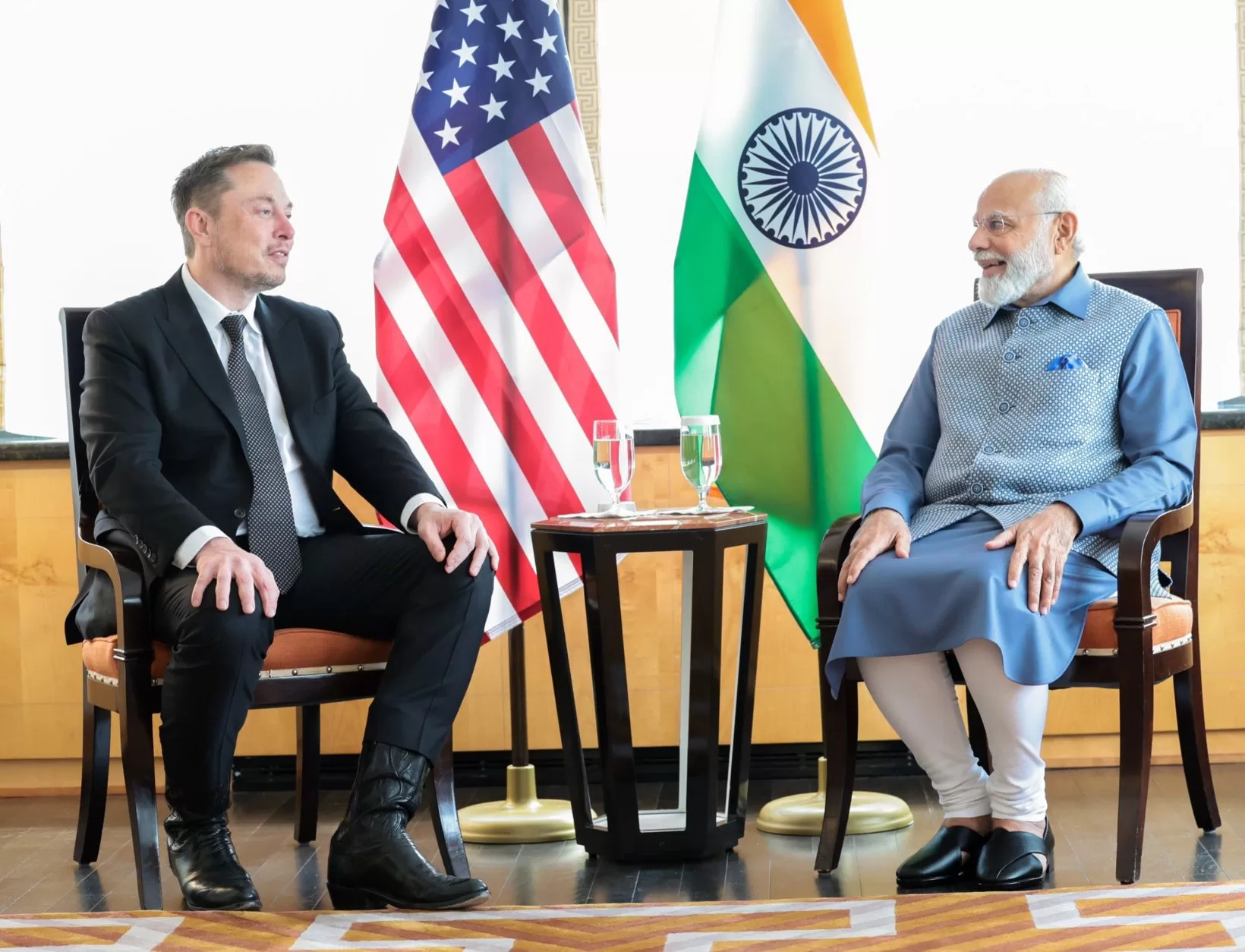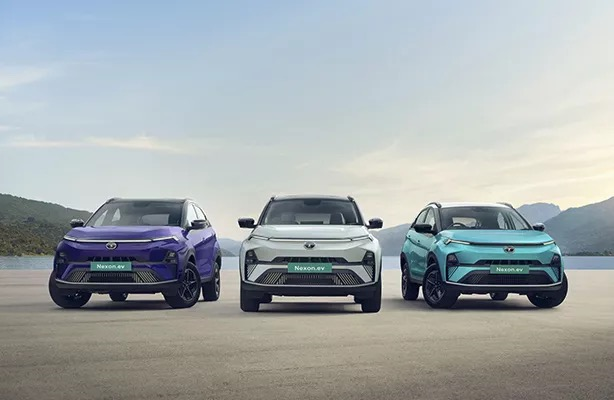“Tesla and others” have finally opened the tariff gate of the Indian electric car market. On March 15th local time, India announced a reduction in electric car tariffs for car manufacturers meeting specific conditions. In a way, India has opened the tariff gate of the local electric car market, supporting the plans of car manufacturers like Tesla to enter the Indian market, and laying the foundation for the further development of electric cars in India. India lifts electric car tariff restrictions As the world’s third-largest car market, India’s electric car sales reached 86,870 units in 2023, doubling from 2022, accounting for 2.5% of the country’s total sales. However, India’s pace of electrification is very slow, with the electric car market share only breaking 1% in 2022, reaching 2% in the first half of 2023, and finally ending the year with a 2.5% share. Nevertheless, considering the Indian government’s goal of electric cars accounting for 30% of total car sales in India by 2030, the current small size of the Indian electric car market still has huge potential. In addition, under the government of Prime Minister Narendra Modi, the focus has been on boosting electric car sales and providing millions of dollars in incentives to encourage the production of electric cars and batteries. More importantly, India imposes a tax rate of only 5% on electric cars, while hybrid cars and gasoline cars face rates as high as 43% and 48%. Riding the market trend and government support, many car manufacturers are considering entering the Indian electric car market or expanding their operations in India.
However, as Tesla CEO Musk previously said – “India is one of the highest import duty areas for electric cars in the world”, so for car manufacturers who have not yet built factories locally, entering the Indian electric car market is quite difficult. It is reported that India imposes a 70% or 100% tax on imported electric cars, depending on their value. Specifically, India imposes a 70% duty on imported cars valued at less than $40,000, and a whopping 100% duty on cars valued at over $40,000. It is easy to see that India’s high import duty on electric cars is enough to deter many non-local car manufacturers. Compared with Indian car manufacturers, their products have no price competitiveness after going through a round of tariffs. Therefore, non-local car manufacturers, including Tesla, have repeatedly called on the Indian government to reduce import duties on electric cars. Tesla was previously reported to have written to various Indian ministries, suggesting a significant reduction in import tariffs for electric cars. Balbir Singh Dhillon, head of Audi India, also said in an interview, “If the Indian government can lower tariffs for three to five years, we can test which models are more suitable for the Indian market and develop more reasonable pricing strategies.” India has finally adjusted its electric vehicle import tax policy, following calls from carmakers. The government will reduce import taxes on electric cars for manufacturers who promise to produce in India. As of March 15, India lowered import taxes on certain electric vehicles produced by carmakers, but they must invest at least $500 million locally within three years and begin production. Under the new policy, companies that meet certain conditions will be able to import up to 8,000 electric cars worth at least $35,000 each year at a 15% lower tax rate, with the policy lasting up to five years. This is a huge victory for companies like Tesla, who have been lobbying the Indian government to reduce import taxes on electric vehicles. Tesla has been trying to enter the Indian market for years, but the negotiations with the Indian government have been difficult. Tesla initially hoped that the Indian government would lower its import tariffs on electric vehicles, allowing Tesla to import its electric cars into the Indian market and test the local market. However, the Indian government previously refused to lower the tariffs and instead urged Tesla to commit to building a factory locally. Subsequently, the two sides shelved the negotiations.
But last year, negotiations that were put on hold seem to be restarting again. Tesla executives have been reported by foreign media to have visited India and held multiple rounds of discussions with the government. Musk also met with Indian Prime Minister Modi in June of last year. At the time, Musk stated that India has great potential in sustainable energy, including solar, stationary battery packs, and electric vehicles. He said, “India has the potential to be the most prosperous country in the world.” “Modi really cares about India, and he is pushing for us to make significant investments in India, which is what we intend to do. We just need to find the right time.” In July of last year, the Times of India reported that Tesla had begun discussions with the Indian government about a proposal to invest in building a car factory in the country. It is reported that the factory will produce electric cars priced at $24,000 and have an annual capacity of up to 500,000 vehicles. Sources also revealed that Tesla is considering using India as an export base, planning to export cars to countries in the Indian Ocean-Pacific region. However, Tesla has again proposed that India lower the import tax on electric cars. In addition to Tesla, other car manufacturers such as VinFast, Volkswagen, Skoda, and Audi have also called for a reduction in the import tax on electric cars. Considering Tesla’s efforts to lower the import tax on electric cars in India, some even believe that the threshold for lowering the import tax on electric cars in India is specifically for Tesla. The previous threshold for electric car tariffs in India was $40,000, but the latest policy has limited car prices to $35,000 or more. According to the Tesla website, the lowest-priced Model 3 in the United States is 38,990 USD in New York. Indian Minister of Commerce and Industry Piyush Goyal denied the claim and emphasized that India will not adjust policies to accommodate Tesla. India has established laws and tariffs to attract electric vehicle manufacturers from around the world to set up factories in India. However, this result, to a certain extent, is the result of the joint efforts of many car manufacturers, but Tesla is undoubtedly the “first contributor.” In addition, industry analysts also pointed out that in addition to selling new energy products, Tesla’s factory in India is expected to help India establish an electric vehicle value chain. Management consulting firm Arthur Little also pointed out that considering the current global supply chain disruptions and India’s self-reliant policies, “it is very important for India to create its own local solutions and support the local value chain.” “Moments of loss for Tata” While “Teslas” are celebrating this result, Indian domestic car manufacturers such as Tata Motors and Mahindra are experiencing moments of loss. They have opposed this many times before, pointing out that this will damage the Indian electric vehicle industry. As the dominant car manufacturer in the Indian electric vehicle market, Tata Motors has repeatedly urged the Indian government not to reduce the import tax on electric vehicles to protect the domestic industry and its investors. On the one hand, Tata claims that its investors’ investment decisions are based on the premise that the tax system favorable to local businesses will remain unchanged. On the other hand, Tata believes that in the early stages of the electric car industry development, Indian domestic electric car companies need more government support. Lowering tariffs will harm the entire domestic industry and the investment environment.
Anish Shah, CEO and Managing Director of Mahindra Group, previously stated, “Our approach is essentially to establish a stronger industry in India, rather than having manufacturing done outside of India, with India being just an importing country.” However, India’s Minister of Commerce and Industry, Piyush Goyal, told reporters at a press conference, “We are inviting companies from around the world to come to India. I believe India will become a global hub for electric vehicle manufacturing, creating job opportunities and improving trade.” Additionally, Goyal pointed out that this move will benefit local consumers, allowing them to buy electric vehicles at cheaper prices, while also helping the government achieve its goals of reducing oil imports and outflows of foreign exchange. Industry analyst Gaurav Vangaal also stated that India’s move will open the doors of the world’s third-largest automotive market for new car manufacturers, suppliers, technology, and the entire electric vehicle ecosystem. He added, “Several car manufacturers that were previously adopting a wait-and-see approach now want to enter the Indian market.” It is reported that Vietnamese electric vehicle manufacturer VinFast plans to invest $2 billion in India and has started building a factory in the southern state of Tamil Nadu last month. It is evident that as the automotive industry faces a once-in-a-century transformation, India, Thailand, and Indonesia are vying to introduce electric vehicle incentives to attract investment and become centers for electric vehicle manufacturing, completing industrial transformation and upgrading. For example, India’s competitor Indonesia has proposed to reduce import tariffs for electric vehicle manufacturers planning to invest locally from 50% to zero, seen as an effort to attract Chinese companies and Tesla. In such intense competition, an Indian official involved in policy-making pointed out, “If India wants to become a center for electric vehicles, we need more manufacturers… Local industries do not need to worry that Tesla or any other company will eliminate them.” India’s Ministry of Commerce also stated that the aim of the new policy is to “strengthen the electric vehicle ecosystem by promoting healthy competition among electric vehicle companies.”


